Media System in Afghanistan:
Catalyst of Collapse or Social Change?
7th – 8th December 2023 / online
Speaker
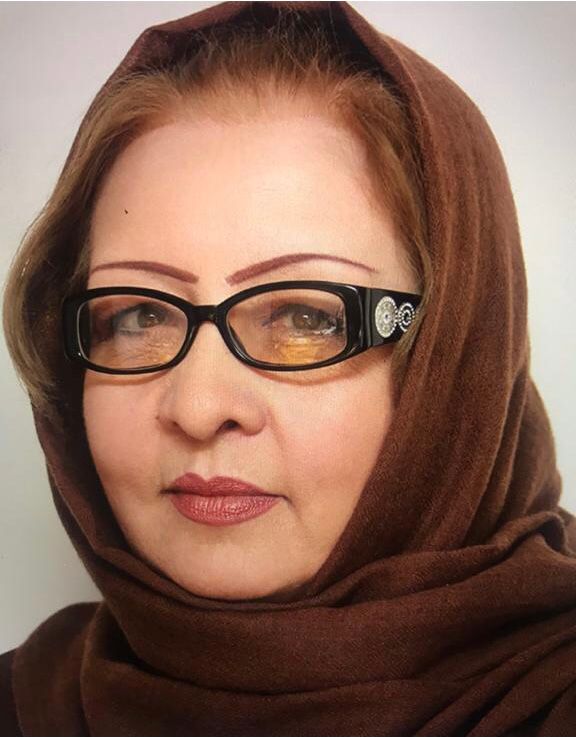
Najiba Ayubi
Award-winning journalist Najiba Ayubi – is an Afghan journalist and activist for human rights and freedom of the press with over two decades of experience covering news stories in the country. As Director General of The Killid Group, she leads a team of reporters working in print, broadcast and online media that includes 3 of the country’s most popular magazines (Killid Weekly, Mursal Weekly and Sapida monthly magazine) and eleven radio stations with a total of 12 million listeners and about 100 affiliated radios. She has refused calls for censorship and is passionate about independent media. Ms Ayubi is the co-founder of the Afghan Independent Media. The Killid Group General Director, Najiba Ayubi, has been included in the first-ever list of 100 information heroes by Reporters Without Borders in 2014. The tireless advocate for freedom of expression Najiba Ayubi from Afghanistan has been recognized by the Swedish Section of Reporters Without Borders (RSF) in its annual Press Freedom prize.
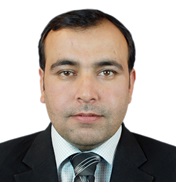
Abdul Qahar Jawad
Associate Prof. Abdul Qahar Jawad (born in 1980) has been a lecturer at the Communication and Journalism School of Kabul University since 2005. Jawad has 18 years of teaching experience and journalistic activities. He has worked in many capacities at different organizations, including the Organization of the Afghan Alumni – as operational director/coordinator, Institute for War and Peace Reporting-deputy country director, Suboot News Agency-media advisor, Ministry of Higher Education-executive assistant, and Kilid Media Group’s reporter. He is a senior communication consultant at the UN-International Labour Organization (ILO) and a media trainer at BBC Media Actions since July 2022. Jawad served as coordinator for DW Akademie in the past.
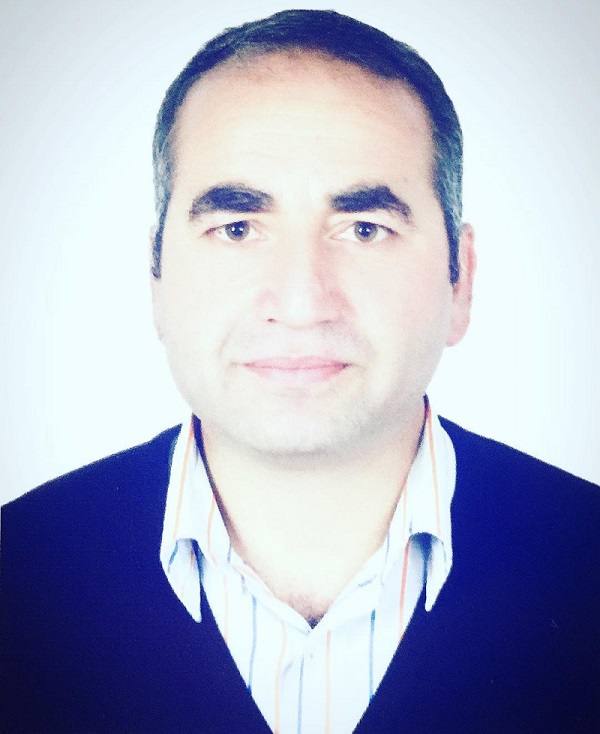
Abdul Mujeeb Khalvatgar
Abdul Mujeeb Khalvatgar is the author of 6 books including two researches; “Ethics in Social Media” and “ Islam in the era of Globalization”. He wrote several articles and shared researches with International journals. He is the author of Afghan Media Landscape published by European Journalism Center. Abdul Mujeeb Khalvatgar started working with media in early 2000s and from. Journalist to news manager and channel manager he worked with Internews managed radio channel Salaam Watandar. In mid 2005 he along with other media fellows established Internews funded Afghan media advocacy and training organization; Nai Supporting Open Media in Afghanistan. In Sep 2008 he joined Soros Foundation’s Open Society Institute in Afghanistan as media coordinator and the acting country director. He joined back Nai in Sep 2010 where he established Nai higher education wing Nai Media Institute, a two-year diploma entity in media. Khalvatgar, as managing director, worked with Nai until Taliban taking power of Afghanistan in Aug 2021. In Aug 2021 Nai had five offices in Afghanistan main cities with Kabul based HQ. After the collapse of republican government in Afghanistan, Mujeeb moved to British Columbia state of Canada.
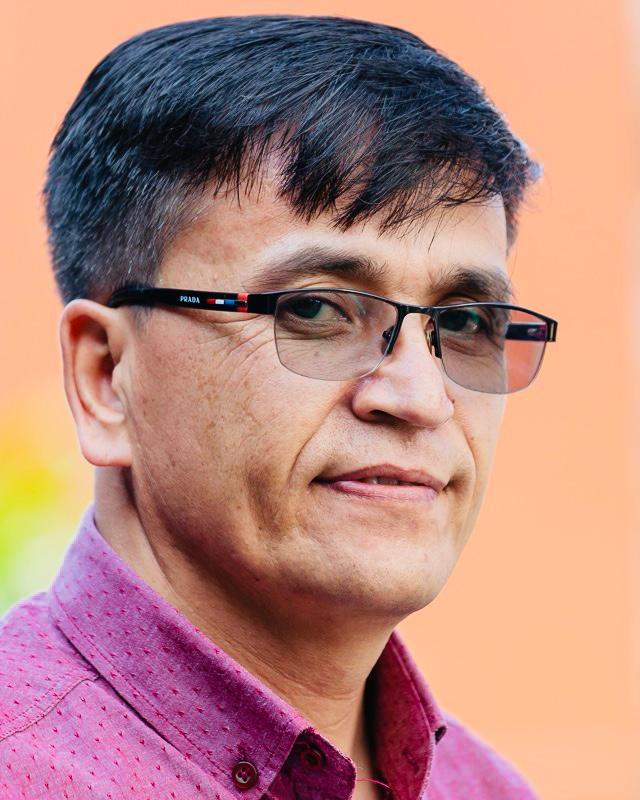
Murtaza Meraj
Murtaza Meraj worked for more than 20 years with more than 10 national and international organizations like Open Society Foundations/OSF, International Foundation for Electoral Systems/IFES, National Democratic Institute/NDI, INTERNEWS, Nai supporting Open Media, Radio Kilid, Negaah TV, Tamaddun TV, and Rah-e-Nejat Newspaper as Program officer for media and communications, Media consultant/advisor and Senior Communication Specialist.
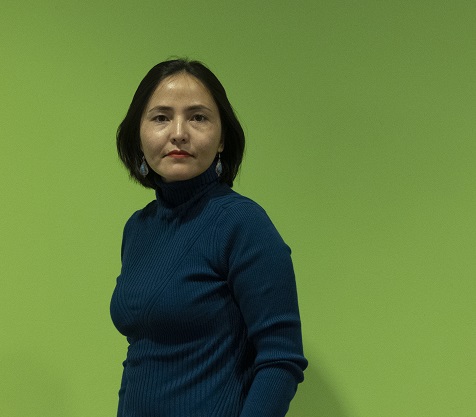
Zahra Nader
Zahra Nader is an Afghan journalist and editor-in-chief of Zan Times, an online media outlet that covers human rights violations in Afghanistan with a focus on women, LGBTQI community and environmental issues. She started her career as a journalist in 2011 in Kabul and joined the New York Times bureau in 2016. She has been bylined in publications ranging from Time and Foreign Policy to the Guardian, Globe and Mail and DW. In October 2022, Zahra has briefed the UN Security Council during the Open Debate on Women, Peace and Security and in February 2023, she received the Kathy Gannon Legacy Award from the Coalition For Women In Journalism. She is also a Ph.D. student in Gender, Feminist & Women’s Studies at York University in Canada.

Lotfullah Najafizada
Lotfullah Najafizada is an Afghan journalist with Amu TV, an international media outlet for Afghanistan that he and his colleagues founded after the fall of Kabul in August 2021. At Amu, Najafizada and his colleagues are trying to revitalize the free press in Afghanistan by connecting Afghan journalists overseas with those who are inside the country and providing free and unbiased reporting for the people of Afghanistan. Najafizada’s nearly two decades of journalism experience includes leading TOLOnews TV (2009-2021), where he led the largest news operation in the country for over a decade. He conducted many high-profile interviews with global leaders and hosted Afghanistan’s only presidential debate in 2019. Among recognitions for his work, he won Journalist of the Year Award by One Young World in 2022, Paris-based Reporters without Borders awarded him with the prestigious medal of Press Freedom Hero in 2016, TIME Magazine profiled him as a Next Generation Global Leader in 2016 and Forbes magazine selected him among the 30 under 30 Asia influencers in media in 2017. Mr. Najafizada was the only Afghan journalist who attended two rounds of civil society talks with the Taliban in Doha (2019) and in Oslo (2022). He is a former fellow with the Institute of Politics, University of Chicago (2021-2022) Asia Society (2012), the Atlantic Council (2019), Rumsfeld Foundation (2016), and World Press Institute (2010). He has a BSc in Economics. He’s married and has two children.
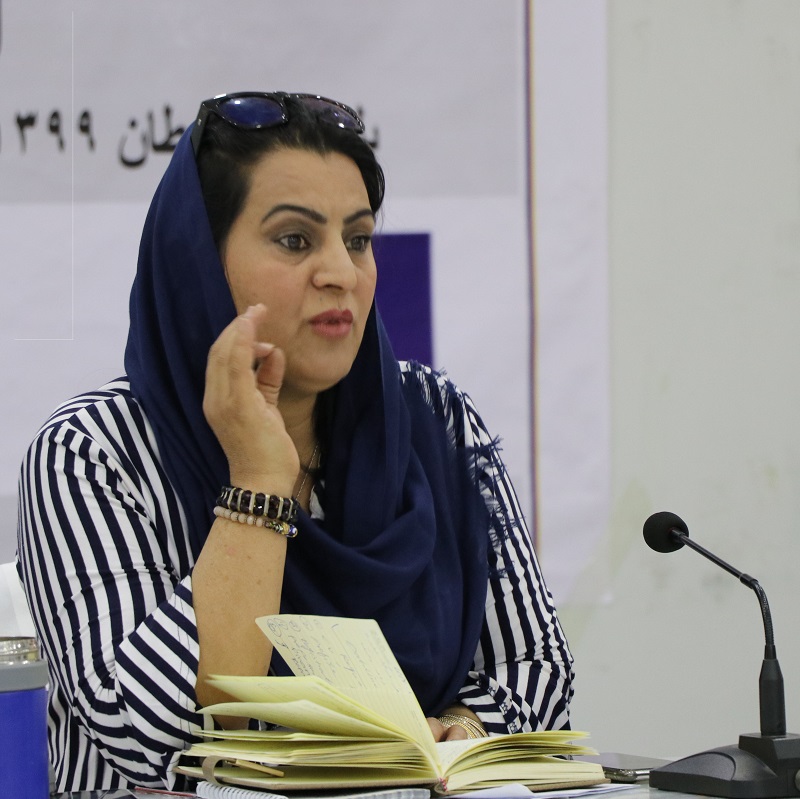
Farida Nekzad
Nekzad, with more than 20 years of experience in journalism and management, is a civil activist, who has always filed petitions for freedom of the press and women’s rights. Nekzad was selected as President of the South Asia Women in Media (SAWM) Afghanistan chapter (2010) and had lots of achievements in terms of Capacity building and empowerment of women journalists and press freedom and their legal support and protection. She led the media commission for the Independent Election Commission of Afghanistan (2014) where she expanded and strengthened her communication skills with national and international partners.Since 2007 She has received a few international awards and prizes from different international organizations for her courage in Journalism, supporting press women journalists’ rights, fighting for press freedom, fighting for the future of women in the media.
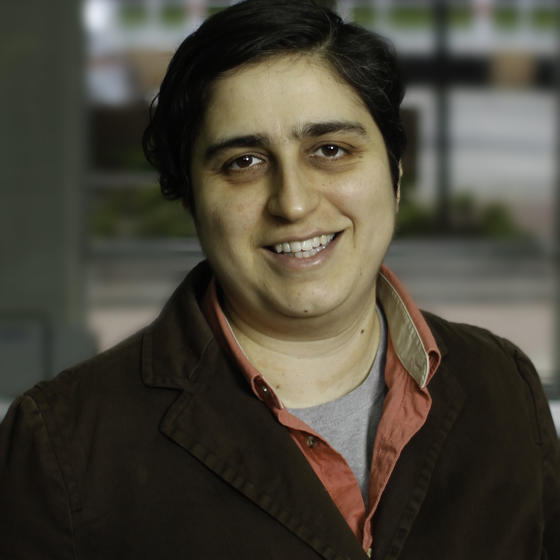
Wazhmah Osman
Wazhmah Osman is a filmmaker and associate professor at the Klein College of Media and Communication at Temple University. In her book Television and the Afghan Culture Wars: Brought to You by Foreigners, Warlords, and Activists (University of Illinois Press, 2020), she analyzes the impact of international funding and cross-border media flows on the culture and politics of Afghanistan, the region, and beyond. She is also the co-director of Postcards from Tora Bora (Documentary Educational Resources, 2007) and the co-author of the forthcoming Afghanistan: A Very Short Introduction (Oxford University, forthcoming). For the 2023-24 academic year, she is a joint-visiting scholar with the Center for Media at Risk and the Center for Advanced Research in Global Communication. She has appeared as a commentator on Democracy Now, NPR, and Al Jazeera and works with community and activist groups.
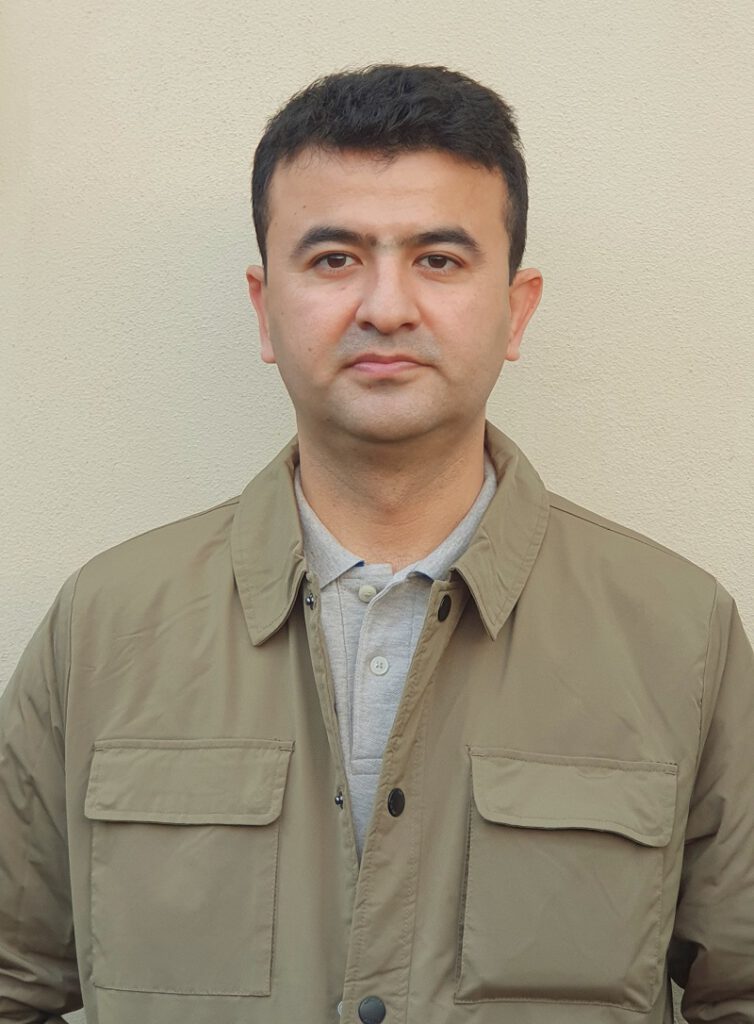
Sayed Jafar Rastin
Sayed Jafar Rastin has held various roles, including working as a Journalist for Jomhor News Agency in Kabul and serving as a Civil Society Regional Specialist for the UNDP Local Governance project (LOGO). He has also worked as a Media Advisor and Director of Publications for the Ministry of Information and Culture of Afghanistan. Currently, he is employed as an Admin for the Wirral Multicultural Organisation (WMO) in Liverpool, UK. Additionally, he is an active member of several volunteer organizations, including serving as a Directing Board Member for the Heart4Refugees (H4R) charity organization in the UK and as a staff member for the Make It Happen (MIH) charity organization in the UK. He studied Journalism and Communications at Kabul University in 2014 and began a postgraduate class in Leadership & Educational Management at Kabul Education University, although he did not complete this program. He also earned a diploma in Humanities & Social Science from Wirral Metropolitan College in the UK.
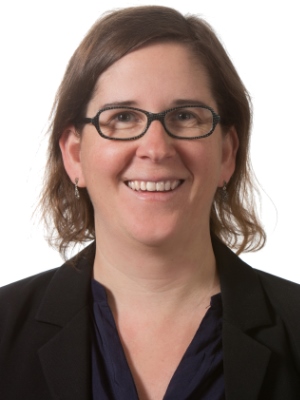
Carola Richter
Carola Richter, Dr. Phil., is a professor of international communication at Freie Universität Berlin, Germany. In her research, she focuses on media systems and communication cultures in the MENA region (Middle East and North Africa), media and migration, foreign news coverage as well as on public diplomacy. She is the co-founder of AREACORE, the Arab-European Association of Media and Communication Researchers, and director of the Center for Media and Information Literacy (CeMIL) at Freie Universität Berlin. One of her recent publication is the open-access book “Arab Media Systems” (2021, co-edited with Claudia Kozman, Open Book Publishers). She is involved in the initiative Academics in Solidarity at Freie Universität Berlin, supporting scholars-at-risk.
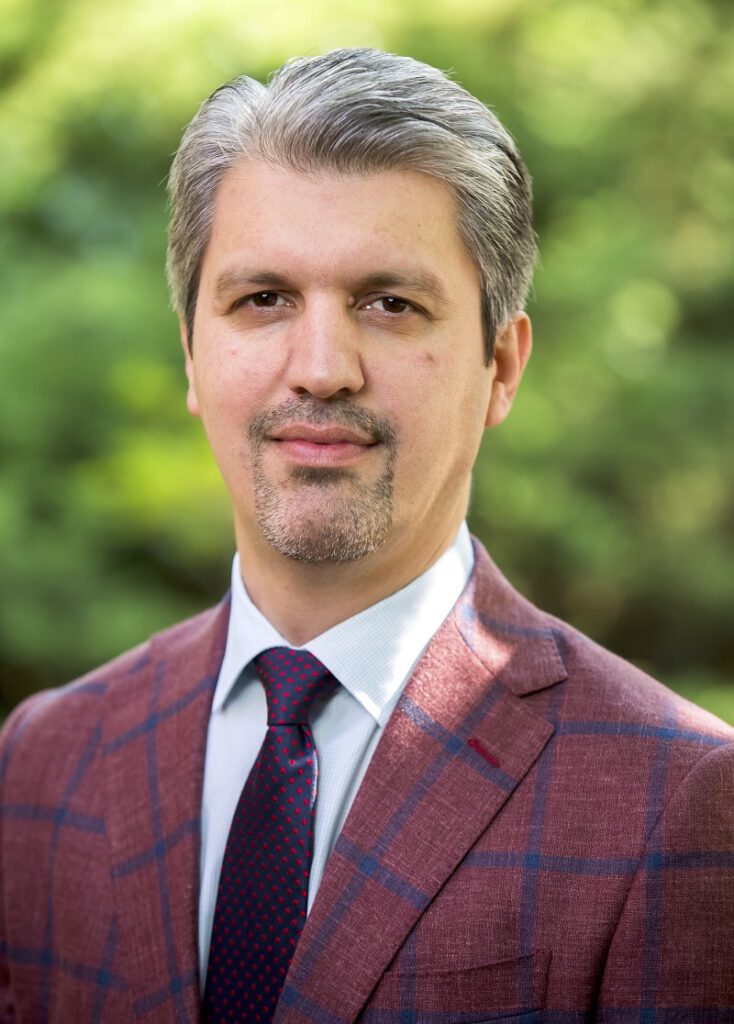
Barry Salaam
Barry Salaam is a renowned journalist and civil society activist with a distinguished career spanning over 20 years in communications, media production, civic activism, and public diplomacy. He founded and led several media outlets, including Afghanistan’s first public service radio, Good Morning Afghanistan, in 2002. Currently, he directs Afghanistan’s media portfolio at the United States Institute of Peace. He possesses substantial experience in media. Notably, he established Good Morning Afghanistan Radio in February 2002, marking the country’s first public service broadcasting initiative. He also founded and ran Channel-7 Television and NAW Media Production, through which he implemented over 30 strategic communications projects and grants for the U.S. and Afghan governments.
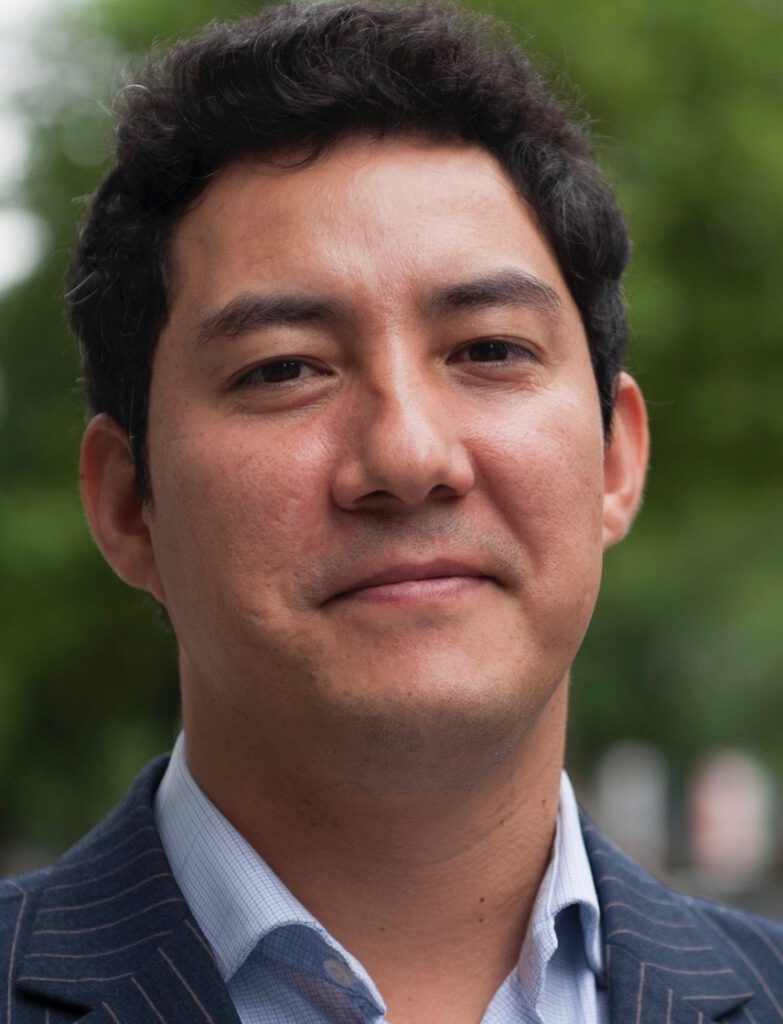
Timor Sharan
Dr Timor Sharan is an Honourary Fellow at the University of Exeter. Before this, he was a Visiting Fellow at the Global Security Programme at the University of Oxford. He is also associated with the Overseas Development Institute and the Centre on Armed Groups as a Senior Research Fellow.
His research focuses on the relationship among international military intervention, transnational financial flows, violence, and the political economy of international statebuilding. He was formerly the International Crisis Group’s Senior Analyst for Afghanistan and an Adjunct Professor at the American University of Afghanistan. Before this, he was the Deputy Minister for Policy and Programme for the Independent Directorate of Local Governance for the Islamic Republic of Afghanistan. Since leaving the public sector, he has advised governments and international organisations, including USAID, GIZ, and the Open Society Foundations. In 2020, he founded and managed the Afghanistan Policy Lab, the first policy hub to conduct experimental research, policy modelling and behavioural insights in the country. As a leading policy voice in Afghanistan, he has written policy articles for Foreign Policy, Politico and others. He has appeared in renowned media outlets and has published in peer-reviewed journals, including the Central Asia Survey and Conflict Security and Development. Dr Sharan is an expert member of Friedrich-Ebert-Stiftung’s Asia Strategic Foresight Group, which aims to navigate the new geopolitics of Asia and the global order of tomorrow. He has also been an alumnus of the Australian Government Department of Foreign Affairs and Trade’s prestigious Special Visits Programme and the US Government’s International Visitor Leadership Programme. He holds a PhD from the University of Exeter and an MPhil from the University of Cambridge. He is a good cook and loves carpet weaving.